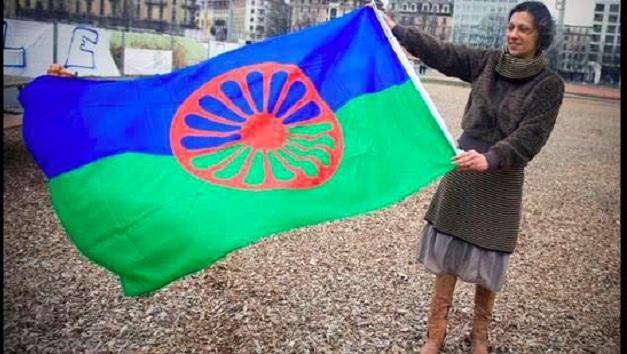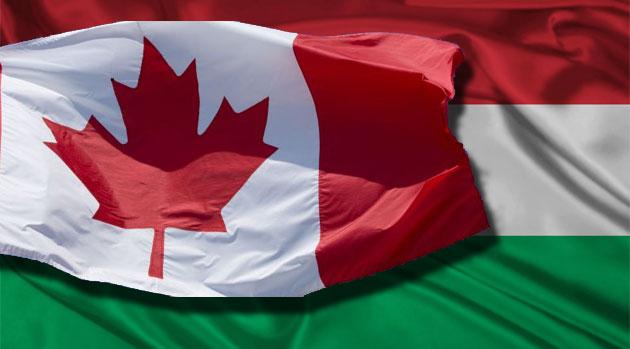Canada grants asylum to former MEP who faced death threats in Hungary due to her Romani origin

Viktória Mohácsi, a Romani activist and former MEP from Hungary, has finally been awarded political asylum in Canada. She requested asylum in 2012 after seeking police protection over death threats she received upon returning to Hungary when her EP mandate was over.
Mohácsi was also unable to find employment because of her previous activism and grappled with financial problems after her EP mandate ended. The European Roma Rights Centre (ERRC) reported the news of her successful asylum application today.
The activist had also worked for the Hungarian Government at the Education Ministry, where she was responsible for the agenda of integrating children from Romani communities or those living in poverty. From 2004-2009 she was a Member of the European Parliament and a member of the Alliance of Liberals and Democrats for Europe (ALDE) group at the EP.
In addition to that position, she documented the sharp rise in neo-Nazi hate crimes against Romani people in Hungary starting in 2008. Her foundation, the “Movement for Desegregation”, revealed serious incompetence and neglect on the part of the Hungarian authorities responsible for enforcing the rights of the victims of those neo-Nazi attacks on Romani people, and due to her activity she and her family received death threats.
Racist murder becomes an “accident”
A series of murders was perpetrated against Romani people in Hungary in 2008. Mohácsi accumulated information about the cases and urged the Hungarian Police to properly investigate them.
In the case of the murder of Robi Csorba of Tatárszentgyôrgy and his five-year-old son Robik, shot to death by neo-Nazis after fleeing their home when it was set on fire, she confronted police with the evidence she had discovered about the crime, according to the ERRC. Detectives had originally wanted to close the case with the explanation that the victims’ deaths had been “accidental”, alleging they had died as a result of smoke inhalation.
Photographs of the crime scene that Mohácsi took, however, demonstrated that the man and his child had been shot to death. Thanks to her work, two of the investigating officers were subsequently disciplined, as Reuters reported in 2013.
Claims of death threats are “poetic license”
Because of her work, Mohácsi began to receive racist communications and death threats. She requested personal protection from the Hungarian Police.
A report published by the Committee for National Security of the Hungarian Parliament about the investigation intof the murders of the Romani people in 2008 confirmed that the Hungarian intelligence services had the perpetrators in the case under surveillance and had already been compiling extensive information about their activities for several years before they began their serial killings. The then-head of the Committee, Jozsef Gulyas, admitted that the errors committed by the intelligence services in the matter were not insignificant, but also told Reuters: “I agree that life in Hungary is not easy for Romani people, but what [Mohácsi] is alleging, that her life is at risk, is poetic license.”
The atmosphere of fear in connection with the growing influence of paramilitary extremist groups connected to the ultra-right Jobbik party, which was in government at the time, forced Mohácsi to seek political asylum in Canada. That country initially rejected her request in 2016.
She appealed and has now ultimately succeeded. In 2012 she was given an award in New York for her brave work by the Human Rights First organization.
